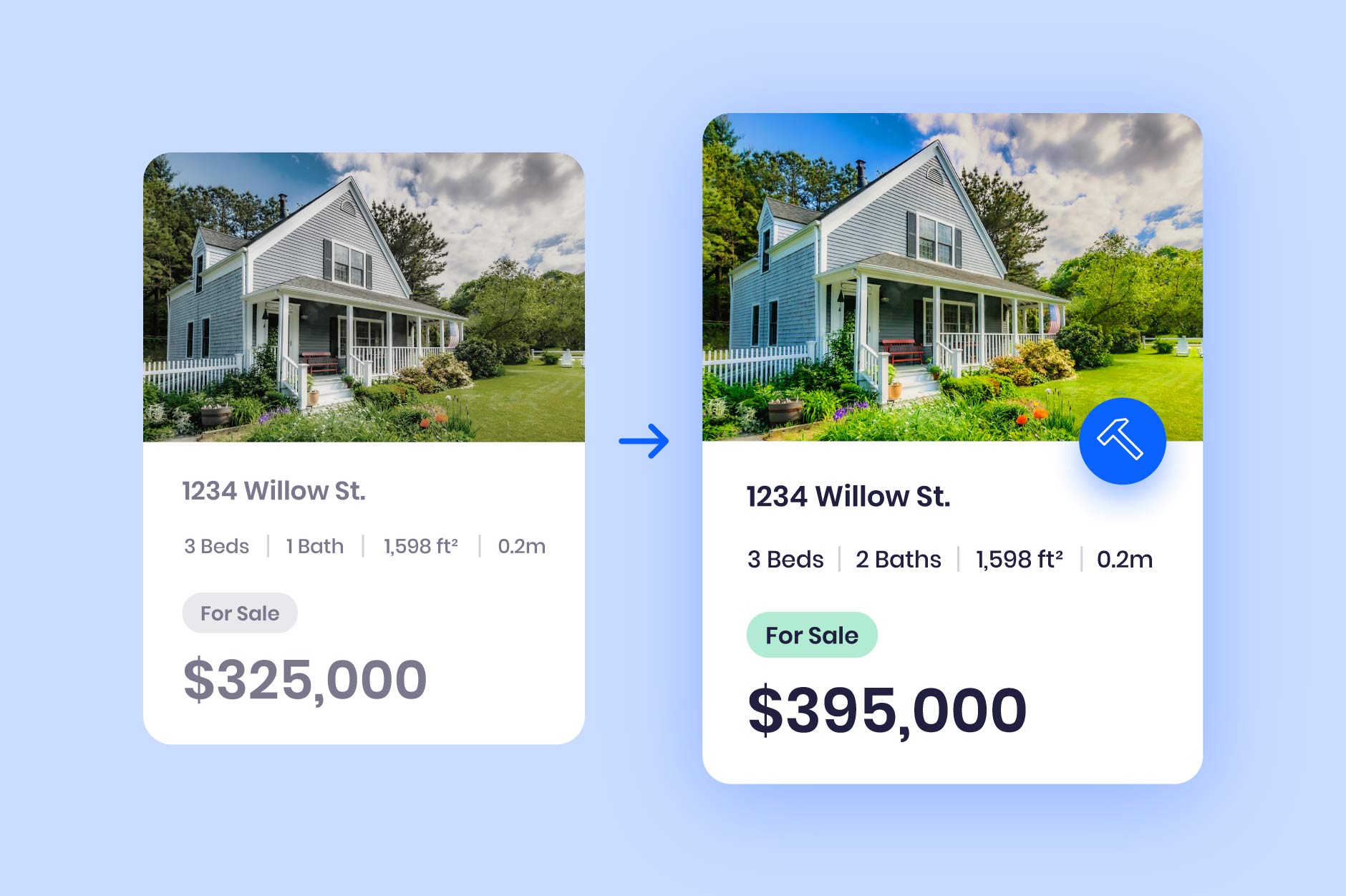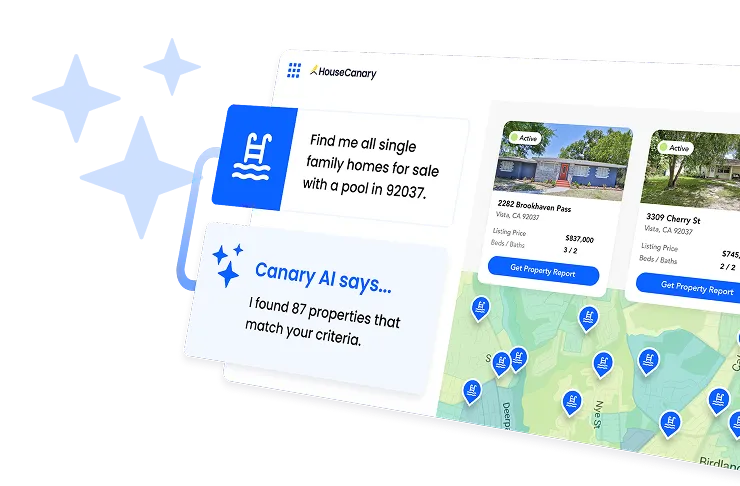
As an equity investor, Unison offers financial assistance to homebuyers who might not have a full 20% down payment and homeowners who want to unlock their home’s equity. The company’s unique approach to equity investing doesn’t involve a loan with payments for the homeowner to make alongside a mortgage payment; instead, Unison is investing in the future price appreciation of the home and doesn’t reclaim the investment until the homeowner either sells the home or decides to buy out Unison’s portion of home equity.
This arrangement gives Unison unparalleled flexibility when it comes to helping clients, and it gives consumers financial freedom they couldn’t access alone. Buyers can ask for an equity investment that matches their full down payment amount, allowing them to avoid the additional expense of mortgage insurance or to pay less in interest over the lifetime of the loan — or both. And homeowners can tap into a home’s equity to make improvements or upgrades to the property, pay off debt, or invest in continuing education to launch or elevate a career.
“This isn’t a debt; there’s no monthly payments or interest charges with our financing,” explains Michael Micheletti, director of corporate communications at Unison. “We get paid when the homeowner either sells the home or decides to buy us out.”
But to help as many clients as possible, Unison must have a solid and intimate understanding of each property in which the company owns equity, and of the local markets across 22 states and in Washington, D.C. Unison is paid based on the change in value in the home, so without updated and accurate information about the home and data explaining the market where the home is located, it’s tough for the company to make an informed decision about whether or not to invest.
“We care about whether or not the valuation number is correct,” notes Micheletti. “We need to be sure that we’re secure in the value because we’re partnering on the deal with a homeowner to back their most valuable asset, and we both have to agree that this number is right.”
That’s why Unison is leveraging several HouseCanary tools that give the company insight into the potential risk and likely return of any given investment — at scale.
Appraisals and inspections for all
Today, Unison’s process for evaluating equity-investment homes involves both an appraiser to provide an appraisal and an inspector to identify any repair or local code issues. For a buyer, that might not be a huge inconvenience; it’s very likely that the lender will ask the buyer for both a Uniform Residential Appraisal Report and an inspection in order to secure the loan.
But for homeowners, taking time off work (potentially using sick or vacation time) to meet two different people in order to secure an equity investment is cumbersome.
Unison already leverages HouseCanary tools as benchmarks for appraisals, including the valuation endpoint in HouseCanary’s API, and individual home Value Reports that provide deeper insights into the home’s valuation and how it compares to other properties on the same block and in the same neighborhood. And the company is working to integrate Agile Appraisals™ into the process to leverage the security and understanding of a Uniform Residential Appraisal Report with data-backed ease and speed.
Convenience and reliability with HouseCanary products
By using HouseCanary’s API and Value Report, Unison is able to eliminate the subjectivity often involved in the appraisal process: two appraisers can sometimes come up with very different appraisal valuations for the same property. By using the data and analytics that HouseCanary provides, Unison is able to benchmark a value that aligns with the specific features of the home and the neighborhood around it. This helps the company identify equity investment opportunities that make the most sense.
And for Unison’s customers, the speed and ease of use that comes packaged in with HouseCanary’s API, Value Report, and Agile Appraisal help homeowners handle the inspection and appraisal relatively quickly — without needing to take any hard-earned paid time off work to accommodate an inspector or appraiser (or both).
“We’re getting ‘paid’ by the house, not the home owner,” said Brad Lookabaugh, Unison’s quantitative portfolio manager. “The value at which we enter the agreement is very important to us, and we use the data that HouseCanary provides to complement and level-set for us when we’re evaluating the appraisal.”
And HouseCanary’s quantitative approach gives Unison an objective view of each and every property. “It’s important both for investors as well as the customer that we get an objective and fair measure of the value of a home,” Lookabaugh explains.
“Appraisals can be very subjective, and it’s hard to value a home without having a lot of information or knowing how to use that information. We believe that HouseCanary’s tools, software, and data are helping move the industry toward a more quantitative approach to valuing homes.”












.jpg)











